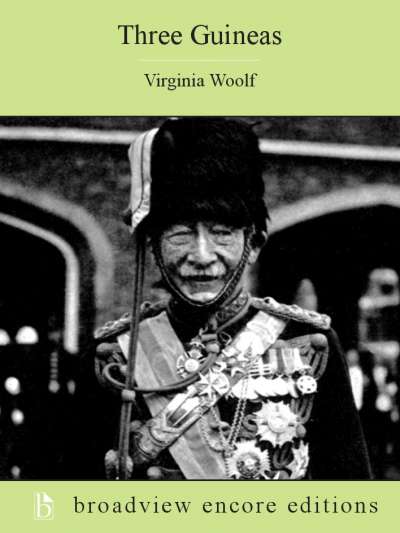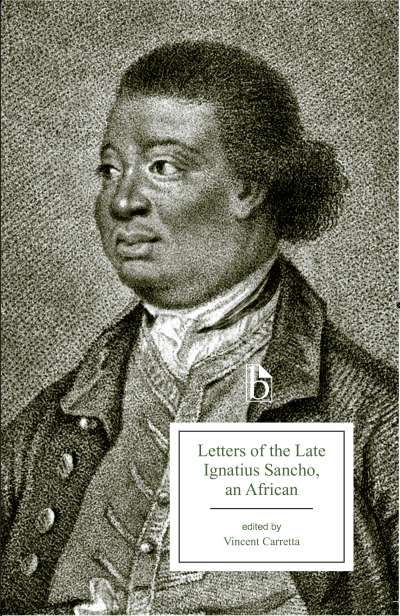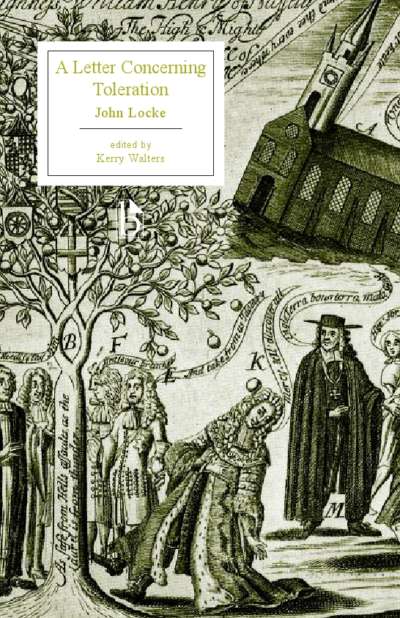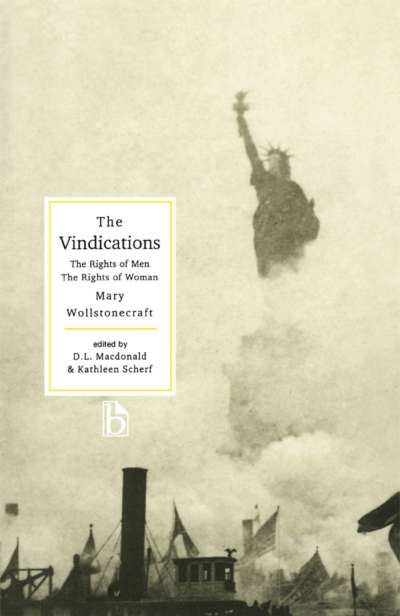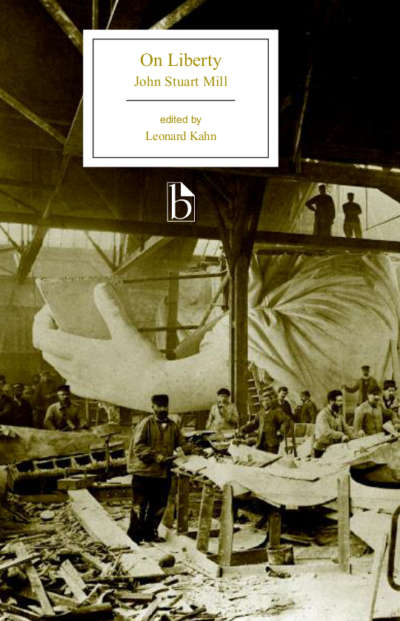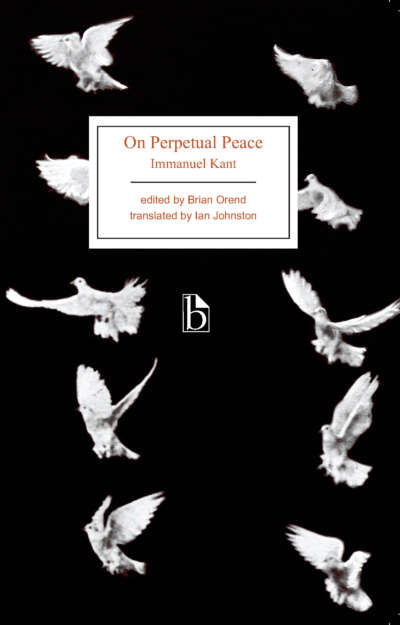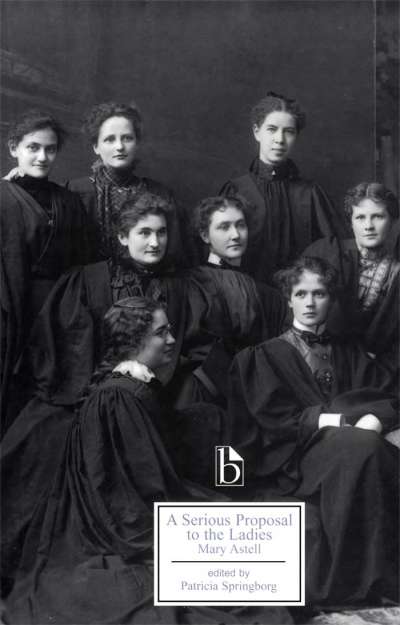Mill predicted that “[t]he Liberty is likely to survive longer than anything else that I have written … because the conjunction of [Harriet Taylor’s] mind with mine has rendered it a kind of philosophic text-book of a single truth, which the changes progressively taking place in modern society tend to bring out in ever greater relief.” Indeed, On Liberty is one of the most influential books ever written, and remains a foundational document for the understanding of vital political, philosophical and social issues. In addition to its many useful appendices, this new edition includes a chronology, bibliography, and a substantial introduction which outlines Mill’s life and works, and sets this central work of 1859 in the context of both his own intellectual development and of the play of ideas and political forces in Victorian society.
Comments
“A wonderful edition. The introduction is splendid, and having comments, critiques and reviews as appendices is excellent. One can only hope that this edition becomes standard in colleges and universities.” — Irving Louis Horowitz, Rutgers University
“The introduction offers fresh insights [and] the background readings provide much illumination into aspects of Mill’s thought that may not be apparent to the modern reader.” — Thomas Christiano, University of Arizona
“With an impressively compact and engaging introduction and a well-chosen selection of ancillary materials, Edward Alexander’s edition of On Liberty is an excellent choice for undergraduate courses, and will please nineteenth-century specialists as well.” — Eileen Gillooly, Columbia University
“Edward Alexander’s work is not just another edition of Mill’s On Liberty. In addition to a solid introduction and the text itself, the reader encounters a wealth of material essential to placing the work in its historical and philosophical context: de Tocqueville on majoritarian rule; some of Mill’s early letters discussing themes developed at greater length in On Liberty; his own comments about his work; and comments by contemporaries of Mill, both informal remarks and sustained discussions. Alexander should be commended for making this invaluable material accessible to scholars and students of Mill, of liberalism, of political philosophy, and of the history of ideas.” — Maria H. Moralies, Florida State University



